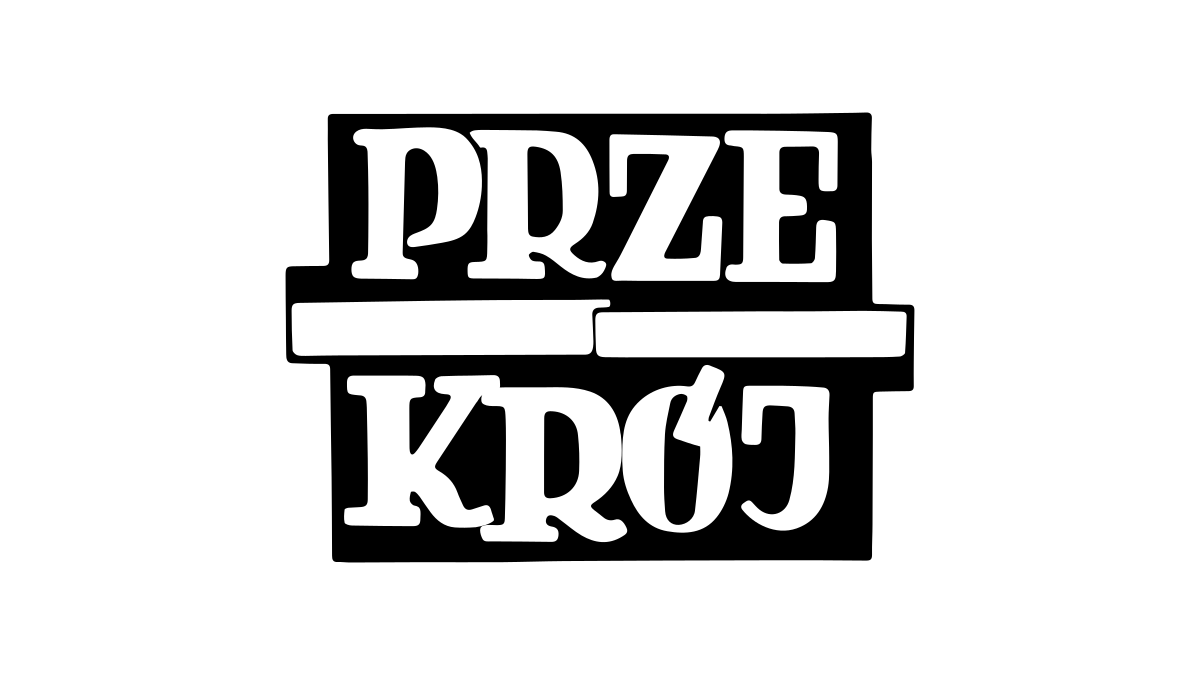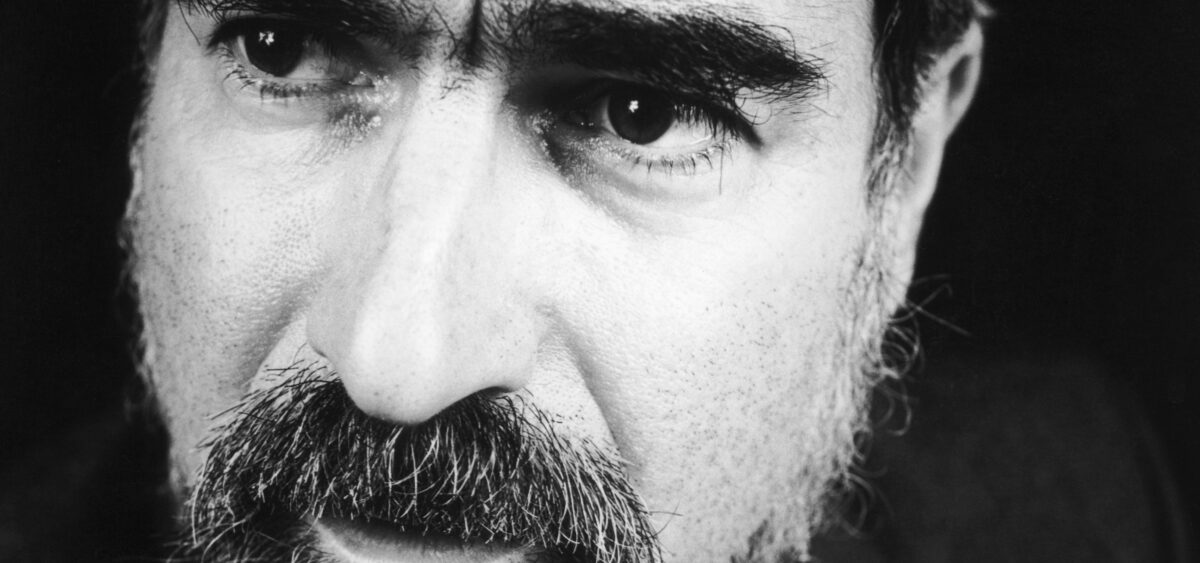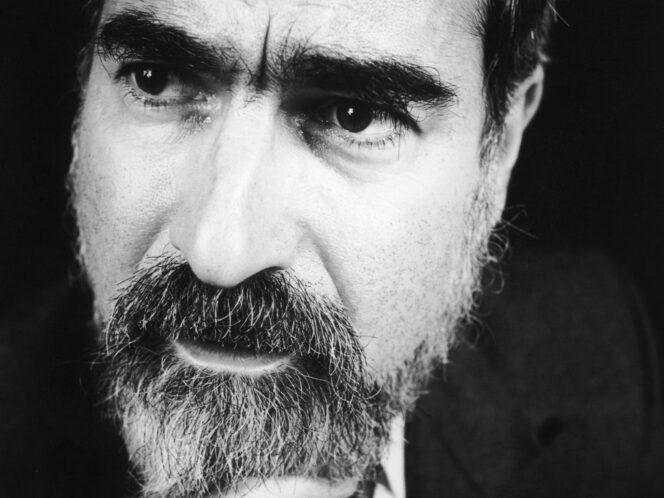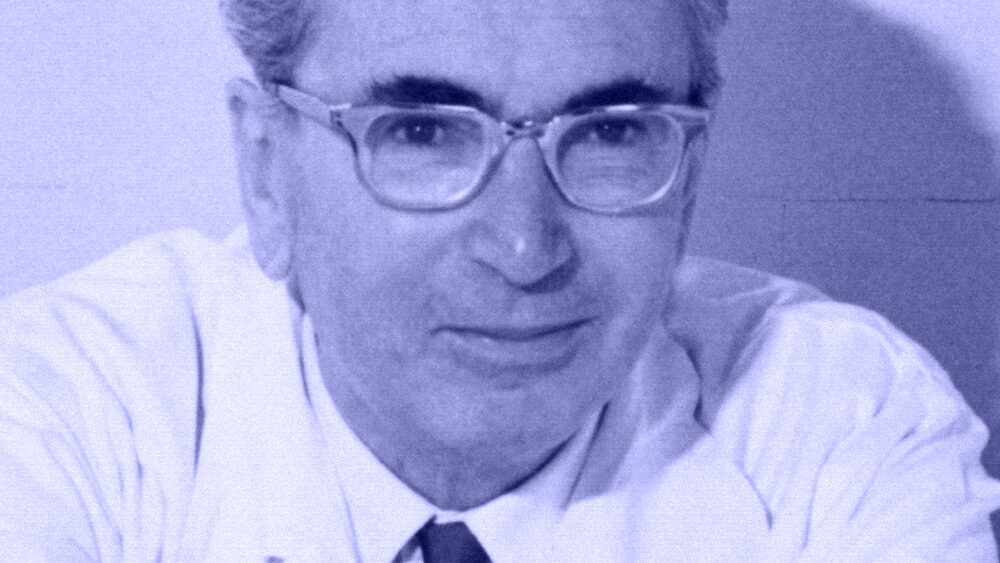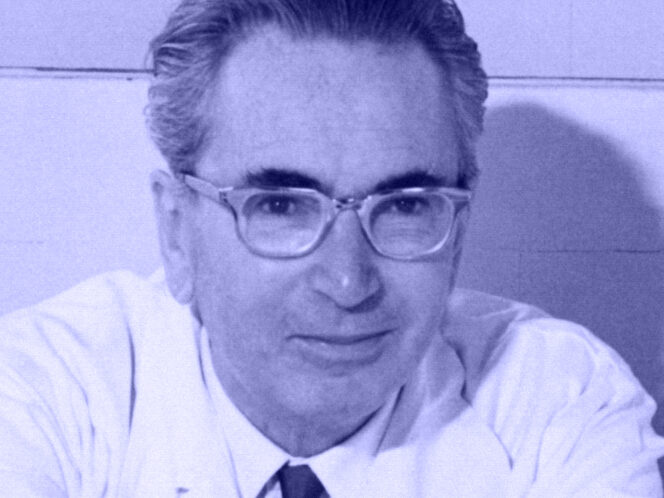
Rabbi Jonathan Sacks claimed that a good life consists of love and work, while a life well lived requires seeing the meaning of existence, which happens when we create a community. He transcended the framework of Judaism, becoming a guide for all people.
He was called a “superstar” and a “rabbis’ rabbi.” Jonathan Sacks’s voice has been heard all over the world, not only in the British media. When I listen to his lectures, speeches, conversations, and the debates in which he participated, I am amazed by his oratorical skill, masterful use of paradox, and sense of phrase. He knew how to speak in different situations: he could concentrate his message into an aphorism, and analyze texts with great precision. He often said that he was interested in that which is more deeply hidden; that before answering the “how?” and “when?,” he wanted to know the “why?” He quoted the Bible and the writings of rabbis, but also the works of Shakespeare and Dostoyevsky, the theories of sociologists, anthropologists, philosophers, and even the iPhone voice assistant Siri.
Sacks was a spiritual leader, philosopher, teacher, intellectual, and author of more than twenty books. For twenty-two years (1991–2013), he was Chief Rabbi of the United Hebrew Congregations of Great Britain and the Commonwealth—the most senior rabbi in a union representing the British Orthodox movement in Judaism.
